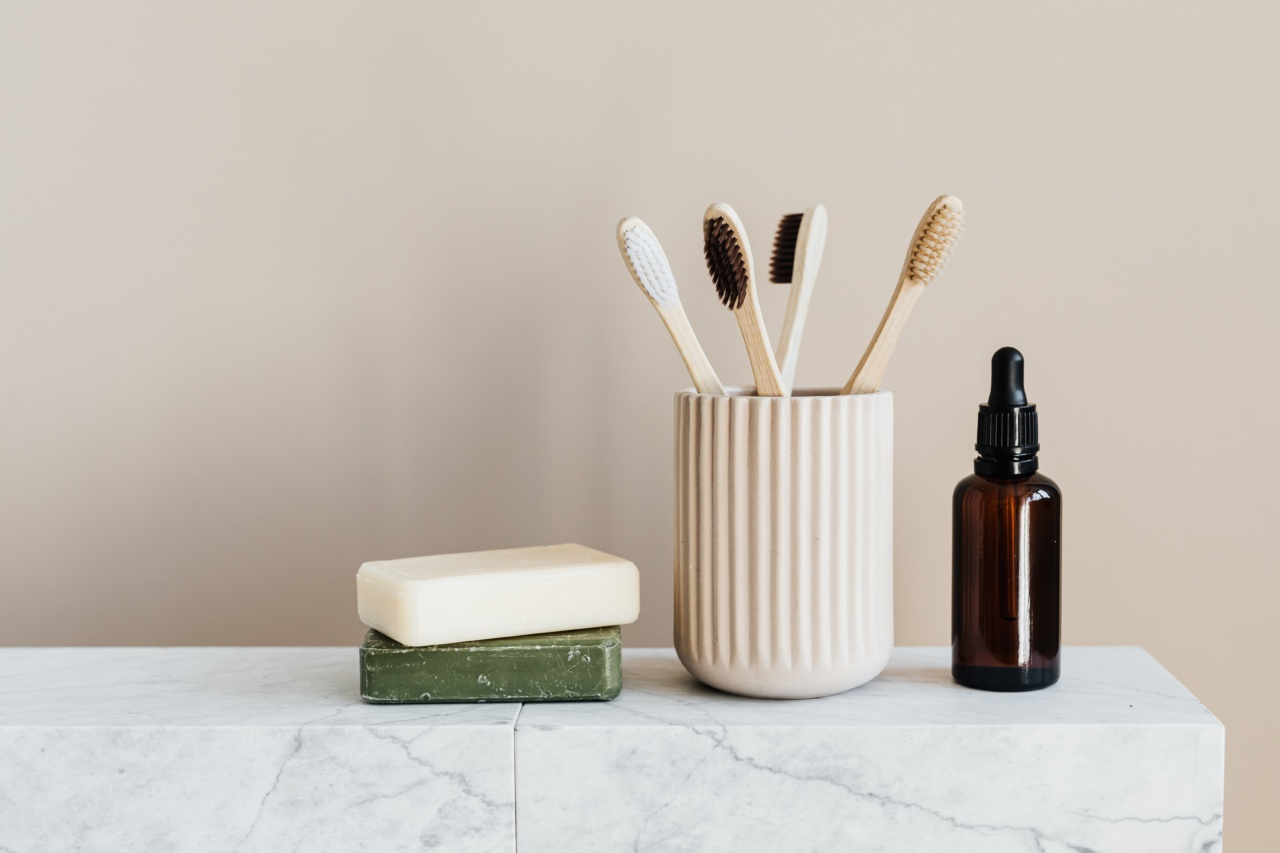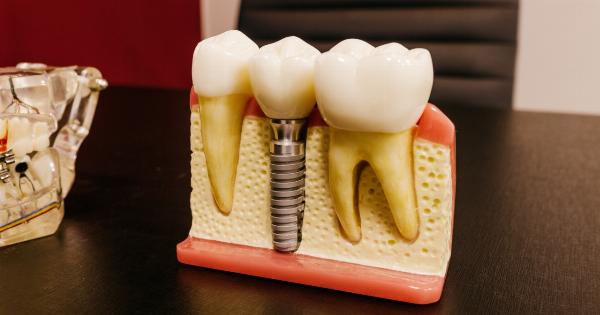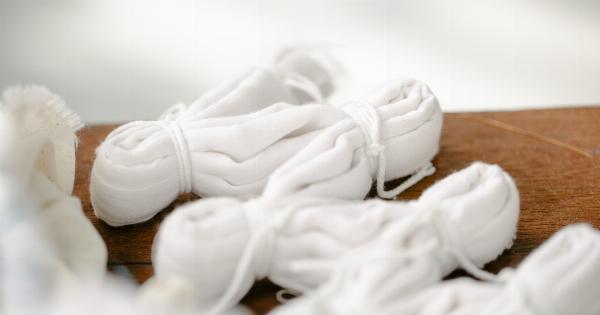Oral ulcers, also known as canker sores, are small, painful lesions that form inside the mouth. They can occur on the gums, tongue, inner cheeks, or the roof of the mouth.
While most oral ulcers heal on their own within a week or two, they can be quite uncomfortable and may require some self-care measures to speed up the healing process. In this article, we will discuss some simple tips to treat oral ulcers and provide visual examples to help you identify them.
1. Rinse with Saltwater
Mix half a teaspoon of salt with eight ounces of warm water and use it as a mouthwash. Rinse your mouth with this solution for about 30 seconds before spitting it out. Saltwater helps reduce inflammation and cleanses the affected area, promoting healing.

2. Apply Topical Analgesics
Over-the-counter gel or ointment containing benzocaine or another topical analgesic can help relieve pain and discomfort associated with oral ulcers. Apply a small amount to the affected area using a cotton swab or clean finger.
Follow the product instructions for best results.

3. Use Oral Antiseptic Rinses
Antiseptic mouthwashes or rinses containing active ingredients such as chlorhexidine gluconate can help reduce bacteria and prevent infection in oral ulcers.
Use as directed on the product label and swish the rinse around your mouth for the recommended amount of time before spitting it out.

4. Avoid Spicy and Acidic Foods
Eating spicy or acidic foods can irritate oral ulcers and cause further pain. It’s advisable to steer clear of hot peppers, citrus fruits, and tomatoes until the ulcers heal.
Opt for softer foods that are easier to chew and won’t aggravate the sores.
5. Use a Soft-Bristled Toothbrush
Switch to a soft-bristled toothbrush to gently clean your teeth and gums without causing additional discomfort to the ulcers. Hard bristles can be abrasive and may worsen the condition.
Remember to replace your toothbrush regularly to maintain good oral hygiene.
6. Avoid Smoking and Alcohol
Smoking and alcohol consumption can delay the healing process and worsen the pain associated with oral ulcers. Additionally, these habits can irritate the sensitive oral tissues, making the ulcers more difficult to manage.
It’s best to avoid smoking and limit alcohol intake until the ulcers heal completely.
7. Apply Honey
Honey has natural antibacterial and anti-inflammatory properties that can promote the healing process of oral ulcers. Dab a small amount of honey onto the affected area a few times a day, allowing it to sit for a few minutes before rinsing your mouth.
Use pure, organic honey for the best results.

8. Try Aloe Vera Gel
Aloe vera gel can provide soothing relief for oral ulcers due to its anti-inflammatory properties. Apply a small amount of aloe vera gel directly to the ulcers and leave it on for a few minutes. Rinse your mouth thoroughly afterward.
Repeat this process a few times a day until the ulcers heal.

9. Apply Ice Chips or Cold Compress
If the oral ulcers are causing significant pain, you can try numbing the area by sucking on ice chips or applying a cold compress to your cheek. The cold sensation can temporarily relieve discomfort and reduce inflammation.

10. Maintain Good Oral Hygiene
Keeping your mouth clean is essential in treating oral ulcers and preventing infections. Brush your teeth at least twice a day with a gentle toothbrush, floss daily, and use an antimicrobial mouthwash.
Good oral hygiene can help speed up the healing process and prevent future ulcers.
Conclusion
Oral ulcers, while not usually serious, can be painful and bothersome. By following these simple tips, you can alleviate discomfort and promote faster healing.
Remember to consult a healthcare professional if your ulcers persist for more than two weeks or if they are accompanied by other symptoms. Take care of your oral health, and enjoy a pain-free mouth!.






























